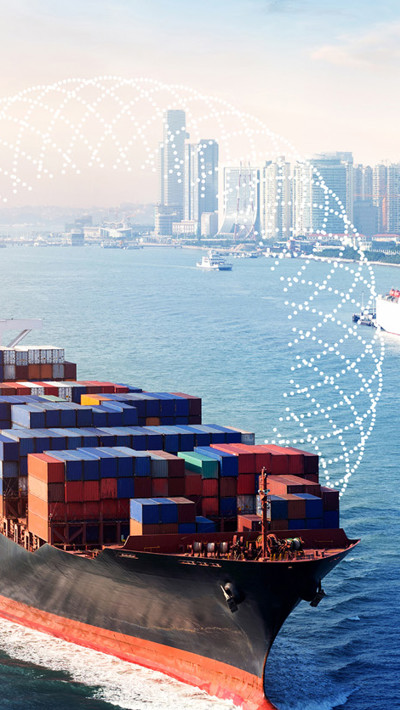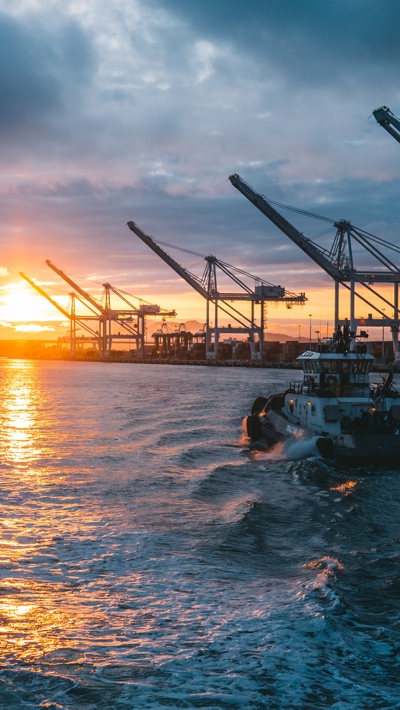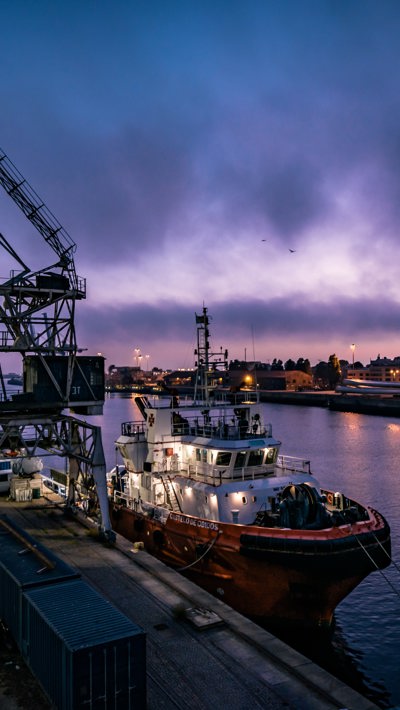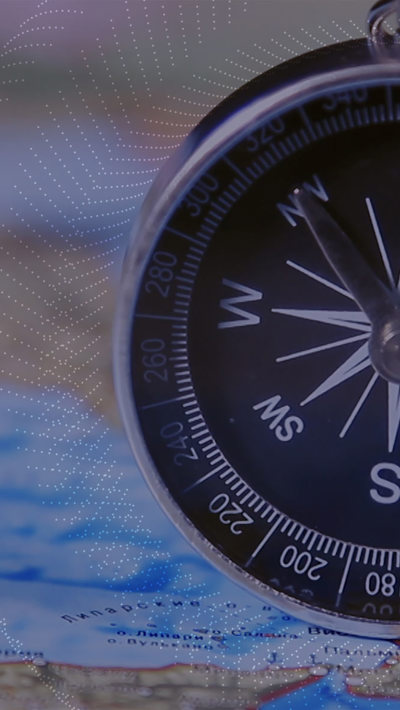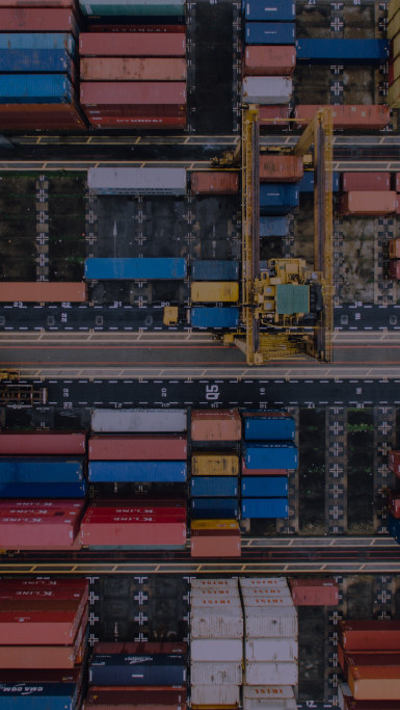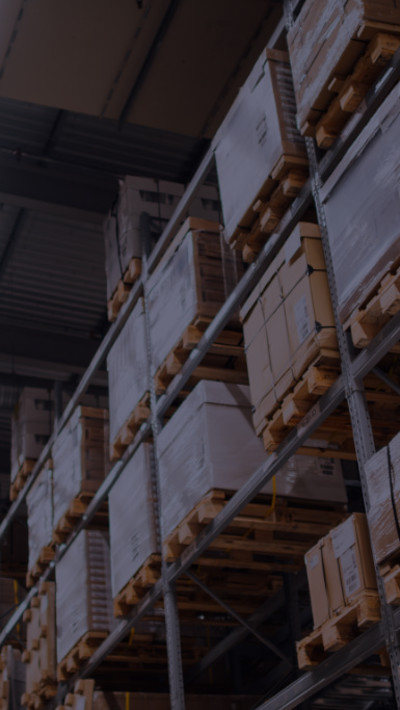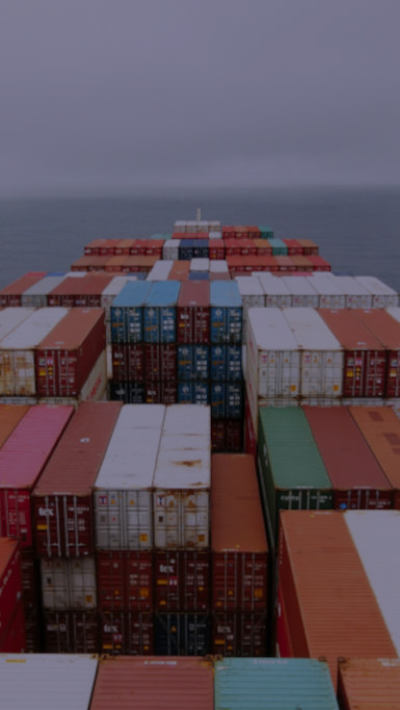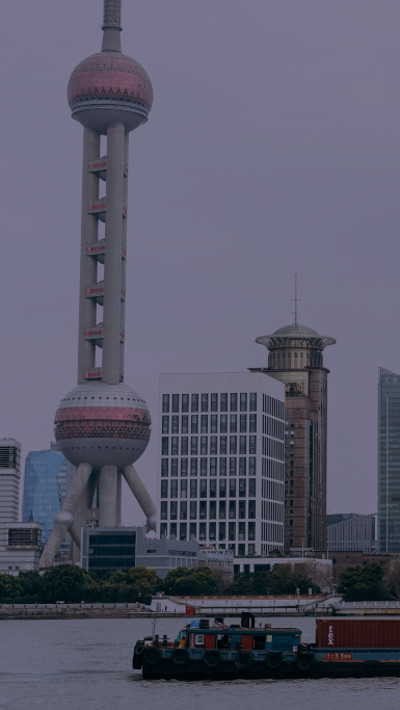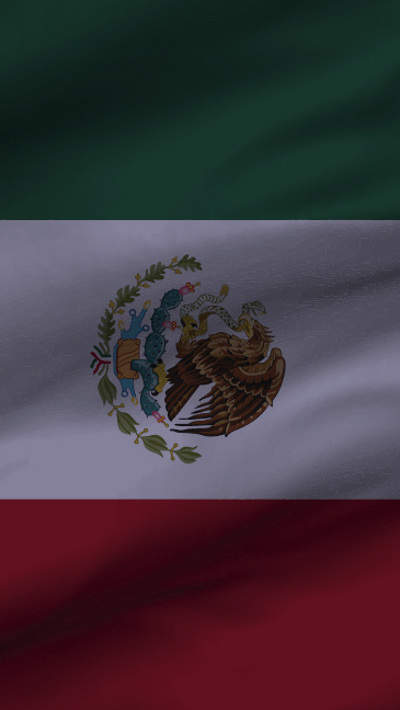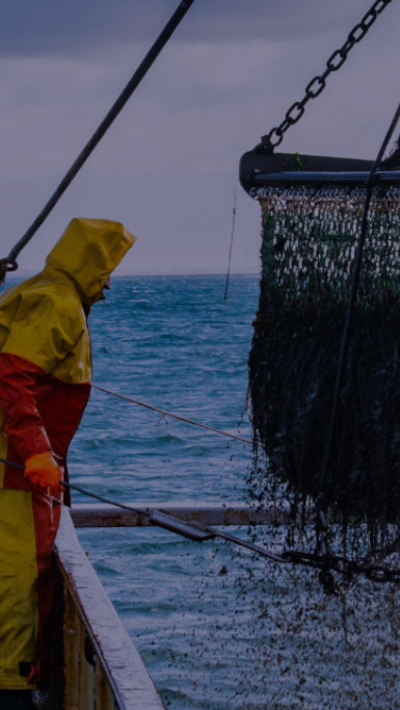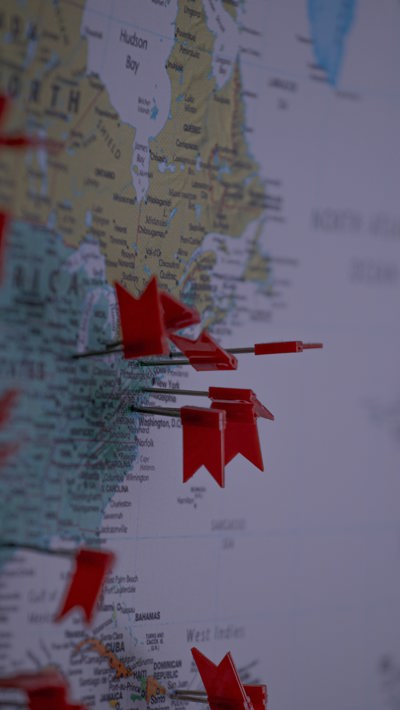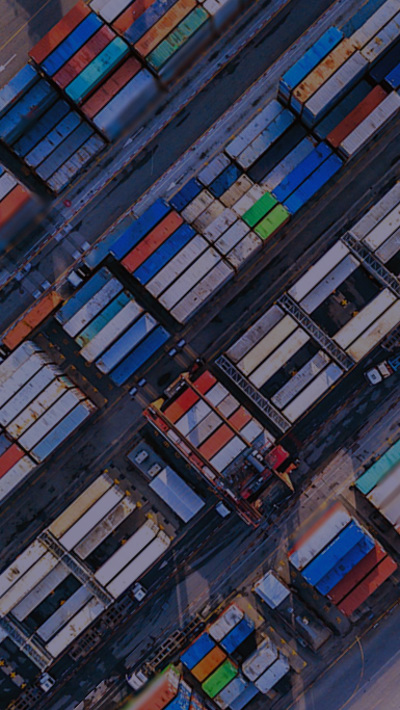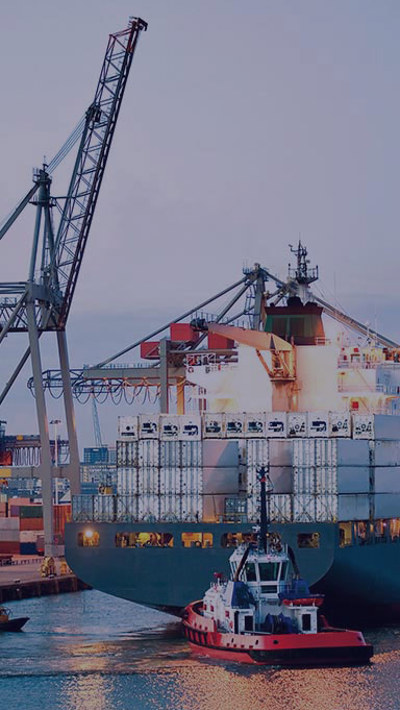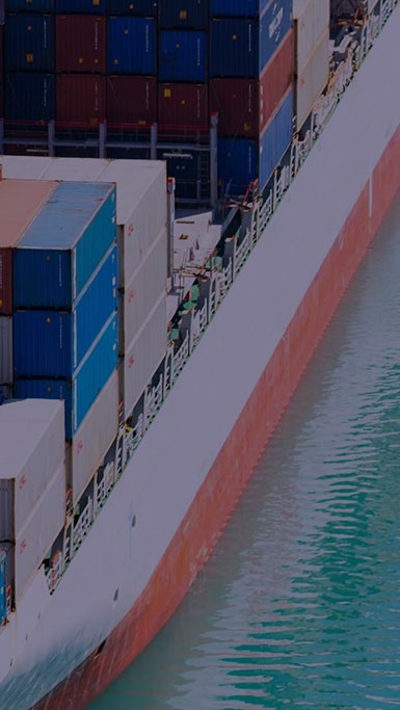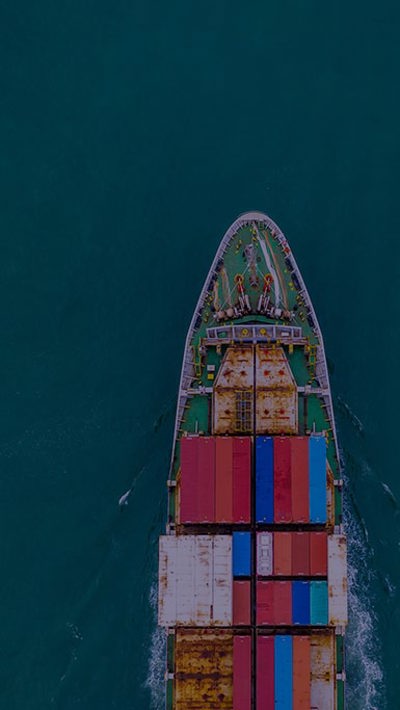Speak to our experts
Contents
The Parliamentary Petitions Committee has formally recommended that New Zealand legislate to require businesses to prevent forced labour, exploited labour and human trafficking within their operations and global supply chains.
The Committee was acting on a petition organised by Trade Aid and World Vision and supported by New Zealand business signatories in an open letter in March 2021.
The legislation would likely replicate the UK and Australian models, which require large companies annually to disclose how they are identifying and reducing modern slavery risk.
The University of Auckland Business School has also advocated for law change in a White Paper issued in September last year.
Modern slavery a live issue in New Zealand
Both the Human Rights Commission (HRC) and the Ministry of Business, Innovation and Employment (MBIE) have confirmed that modern slavery occurs in New Zealand, with MBIE further acknowledging that “there is a gap in New Zealand’s measures regarding modern slavery in international supply chains”.
Indeed, a qualitative assessment of peer-reviewed and other literature in the Pacific region estimates that in New Zealand, 3,000 people are working in conditions that could be described as modern slavery on any given day – the overwhelming majority of them refugees, asylum seekers, and temporary migrants, including students.
Exploitation can include severe underpayment, threats of termination, excessive hours without pay, withholding of salary, assault, not having any employment contract, and migrant workers being forced to pay employers money to work in New Zealand.
Our comment
A number of New Zealand companies operating in Australia are already subject to the Australian Modern Slavery Act 2018 and are required to produce publicly available annual statements describing their:
- structure, operations and supply chains
- assessment of modern slavery risks within their business and supply chains
- actions taken to address these risks, and
- assessment of the effectiveness of these actions.
Government will need to decide whether to adopt this reporting approach or to go further and introduce mandatory due diligence and/or outreach to suppliers. Other aspects for decision will be whether to:
- specify penalties for non-compliance and/or remedies for modern slavery victims, neither of which are part of the Australian Act, and
- provide for imports produced by individuals suffering from modern slavery to be banned from the New Zealand market.
Companies which might be affected should consider implementing a modern slavery policy incorporating a risk assessment of vulnerable sectors or countries in their supply chains so that they can develop appropriate risk management strategies, including training, supplier outreach, and updates to key or exposed supply contracts.
Read our previous commentary:
“Modern Slavery Statements” – a new disclosure requirement in Australia
Modern slavery rising risk for New Zealand business










